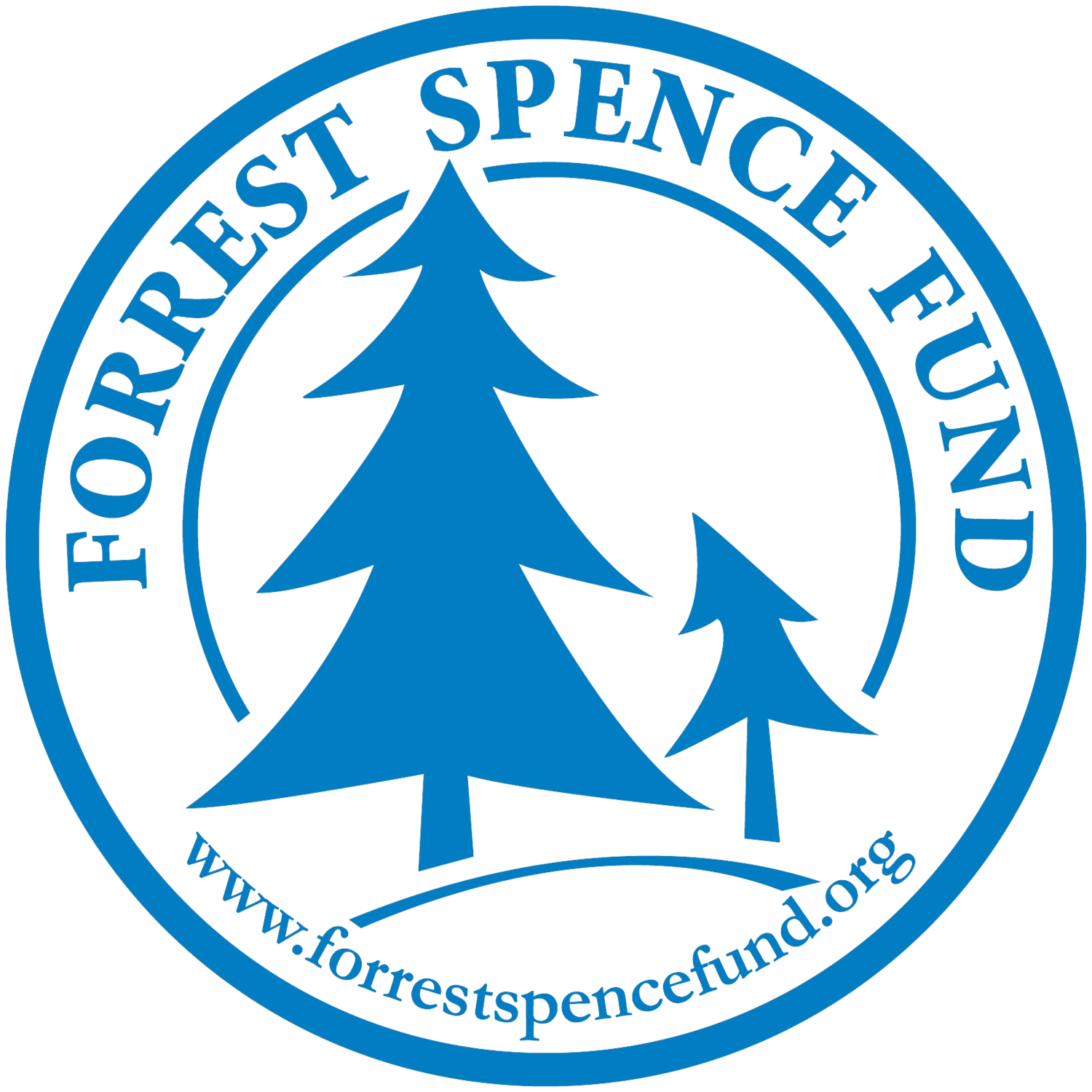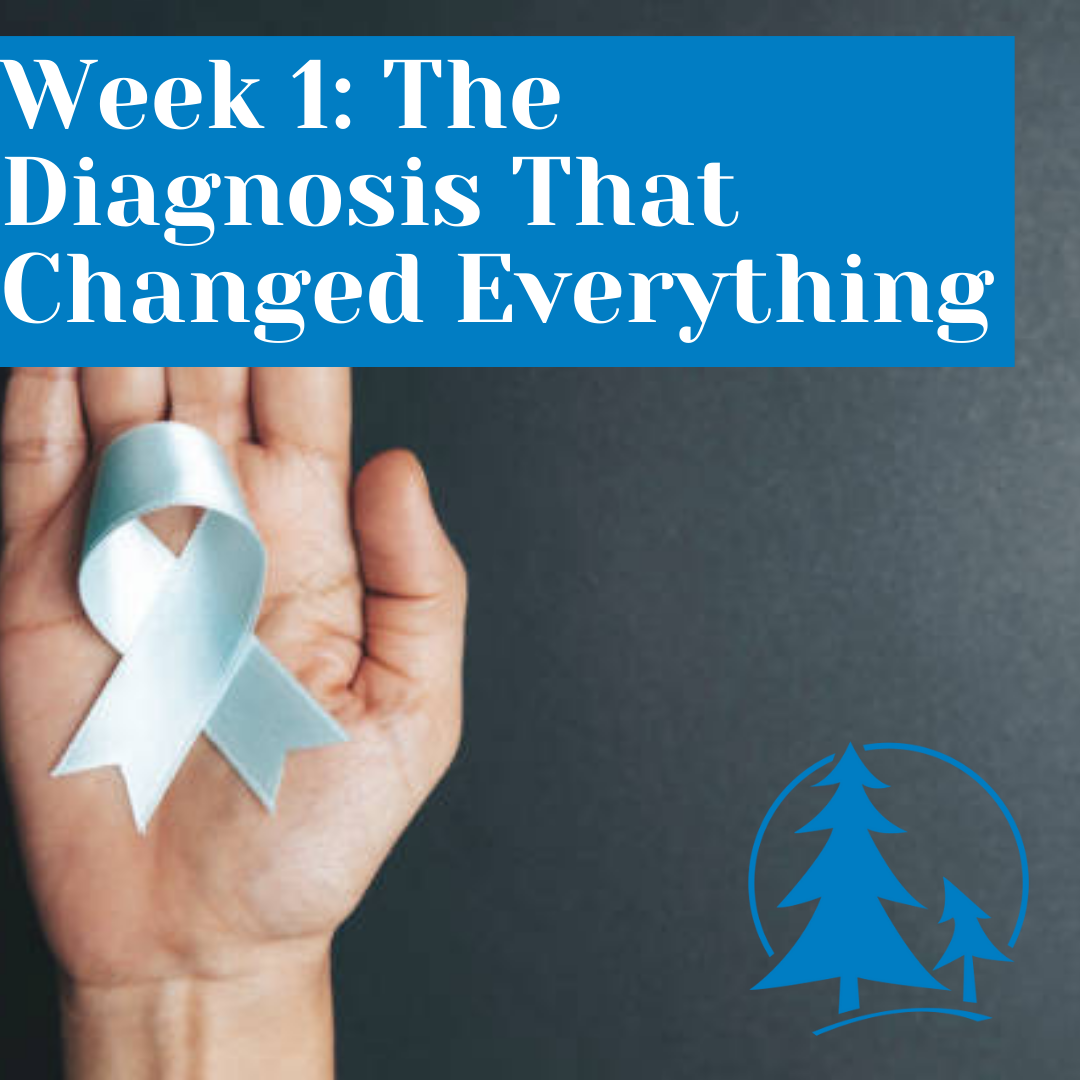The Diagnoses That Changed Everything
I was diagnosed with Crohn’s Disease at 16 years old. An unexpected call from my doctor while working at a summer camp out of state changed my whole world. At an age when most teens were focused on homework and friends, I was juggling doctor appointments, pain I couldn’t explain, and fear of what my future might look like.
July is Chronic Illness Awareness Month - a month I never expected to honor on a personal level. I’m here to share what it’s really like to grow up with a chronic illness and what I have learned along the way.
For nearly two years, my pain was dismissed. I was fighting to be heard and for my pain to be seen. I knew it wasn’t normal to be in this much pain. I started to question myself, “Was I being dramatic? Was this just my new normal?”
When the diagnosis came, it was a strange mix of relief and fear. Relief that someone believed me. Fear of what came next.
No one teaches you to grieve the version of your life you thought you had - especially when you are 16. I didn’t know how to talk about it. I didn’t know how to explain what Crohn’s Disease was. I just knew that everything suddenly felt heavier.
It wasn’t until later that I learned about the term “spoonie.” The idea that people with chronic illness have to manage a limited number of “spoons”—or units of energy—each day made me feel seen for the first time. I finally had a way to explain why I couldn’t always do what other people could. It gave me language for what I was living through.
I don’t think I fully understood how much I needed support until I actually started receiving it. At first, I kept everything in. I didn’t want to be seen as the “sick girl” or treated any differently, so I stayed quiet—even when I was struggling.
What helped most weren’t grand gestures—it was the little things. A friend texting to check in. A doctor who explained things without making me feel dumb. My family sitting with me when everything felt overwhelming. Eventually, I started opening up, and slowly, I began to find people who got it—even if they lived across the country and were only an online connection.
Looking back, there are a few things I wish someone had told me:
You’re allowed to rest. Rest doesn’t make you weak, it makes you human.
It’s okay to grieve. You can be grateful and still wish things were different.
Finding community changes everything. Whether it’s in person or online, connecting with others who understand is powerful.
Advocate for yourself, even if it feels uncomfortable. You deserve to be heard.
If you're a teen or a parent of one navigating a diagnosis, you don’t have to figure it all out alone. The Forrest Spence Fund is here to support families like yours—with empathy, understanding, and hope.
Being diagnosed as a teenager flipped my world upside down, but it also gave me a new kind of strength. It taught me how to advocate, how to listen to my body, and how to find strength I never thought possible.
If you’re a teen trying to make sense of life with a chronic illness, I see you. And if you’re a parent walking through this beside your child, I see you too. This road can feel isolating, but you don’t have to walk it alone.
This Chronic Illness Awareness Month, I hope you feel reminded that your story matters just as much on the hard days as on the hopeful ones. We’re here to listen, to support, and to walk alongside you, one step at a time.
Resources:
https://www.thecenterforchronicillness.org/resources
https://my.clevelandclinic.org/health/articles/4062-chronic-illness
https://www.caringbridge.org/


